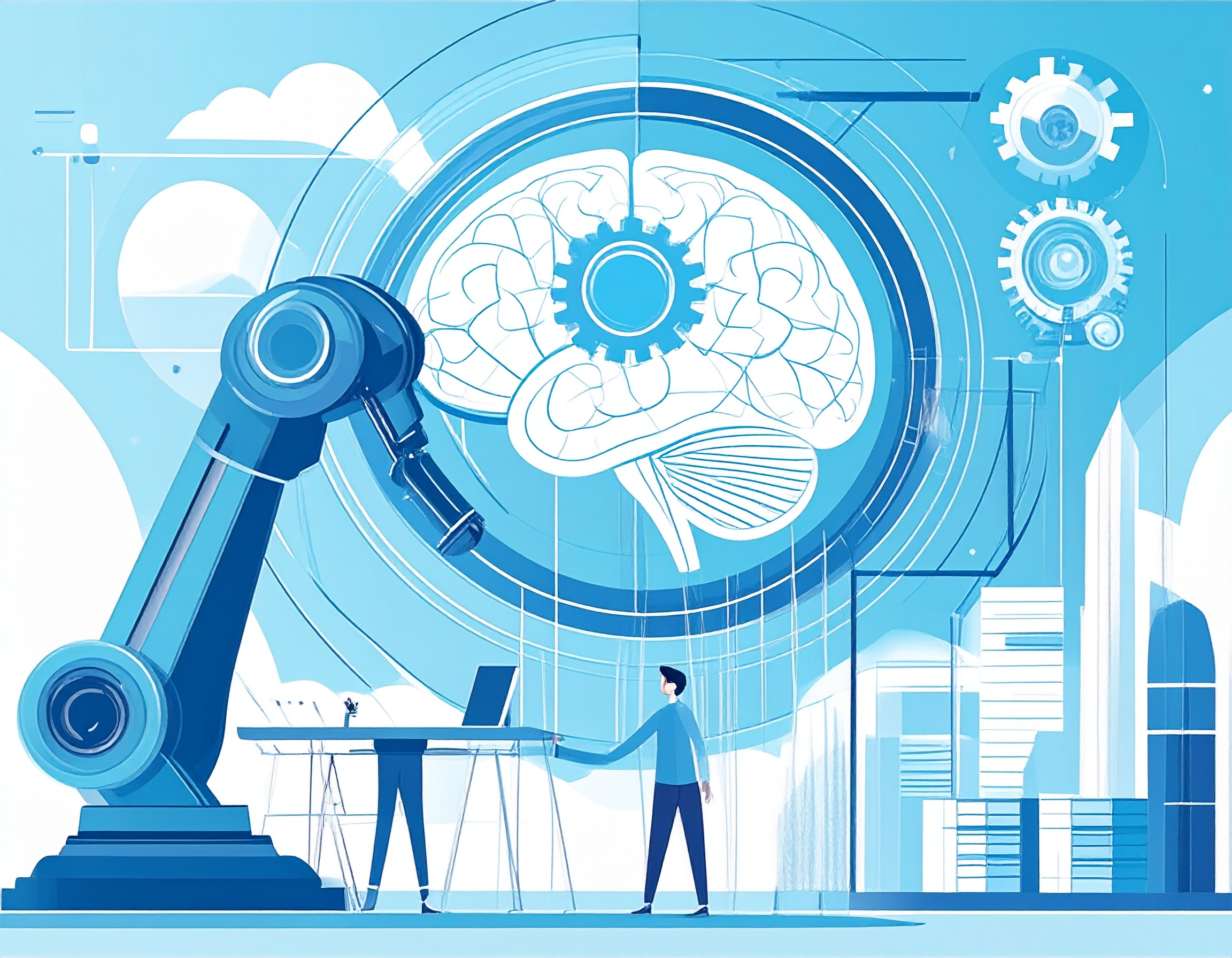In our previous article, we explored the gap between having insights and being able to act on them quickly. Today, let’s dive into how agentic AI systems are fundamentally changing this equation for health plans.
What Makes Agentic AI Different
Agentic AI systems don’t just identify problems—they solve them. Unlike traditional analytics that tell you what happened, agentic AI takes the next step: it acts on the insights automatically, within predefined parameters, while keeping humans in the loop for oversight and exceptions.
Think of it this way: traditional analytics are like having a very smart analyst who can spot every problem in your data. Agentic AI is like having that same analyst plus a dedicated coordinator who immediately starts solving those problems the moment they’re identified.
In the diabetic eye exam example from our first article, an agentic AI system would automatically segment the 300 members by risk factors, care gaps, and communication preferences. It would generate personalized outreach messages, coordinate with preferred providers to identify available appointments, send tailored reminders through the member’s preferred channel, and even identify and resolve common barriers like transportation or language preferences. All of this happens automatically, with human oversight for exceptions only.
Key Capabilities That Matter for Health Plans
Autonomous Decision Making: Agentic systems can make decisions within defined guardrails without waiting for human input. They can prioritize which members to contact first, determine the best outreach method, and escalate complex cases appropriately.
Multi-System Orchestration: These systems can coordinate actions across your various platforms—CRM, care management, provider networks, and member communication tools— without requiring custom integrations for every workflow.
Adaptive Learning: Unlike rule-based automation, agentic AI systems learn from outcomes and adjust their approaches. If email outreach isn’t working for certain member segments, they automatically shift to phone calls or text messages.
Real-Time Processing: While your teams are reviewing last quarter’s performance, agentic systems are already addressing this quarter’s emerging issues.
Real-World Applications in Health Plan Operations
Stars and Quality Management: Agentic AI continuously monitors quality measures across your entire member population. When a member falls behind on preventive care, the system automatically initiates personalized interventions based on the member’s history, preferences, and barriers to care. It coordinates multi-channel outreach campaigns that adapt in real-time based on member response patterns.
Cost Management: Instead of waiting for quarterly cost reports, agentic systems identify utilization outliers in real-time. They automatically flag cases for review, coordinate with medical management teams, and can even handle routine provider inquiries within pre-approved guidelines—all while ensuring compliance with regulatory requirements.
Member Retention: Agentic AI proactively identifies at-risk members using predictive models and automatically deploys targeted retention strategies. This might include personalized benefit explanations, proactive customer service outreach, or connection to relevant care management programs.
The Technology Behind the Intelligence
What makes this possible is the convergence of several technological advances: cloud-native architectures that can scale automatically, AI models that can understand context and make nuanced decisions, and HIPAA-compliant platforms that can handle sensitive healthcare data securely.
The key insight is that agentic AI isn’t about replacing human judgment—it’s about automating the manual orchestration that happens after good decisions are made. Humans still set the strategy, define the guardrails, and handle exceptions. But the system handles the execution at scale.
In our final article, we’ll explore how health plans can practically approach implementing agentic AI systems and what the strategic advantages look like for early adopters.
——————————————–
Lilac Software is building agentic AI capabilities into our platform to help health plans automate complex operational workflows. If you’re interested in learning how these systems can transform your plan’s operational efficiency, reach out here to start a conversation with the Lilac team.
